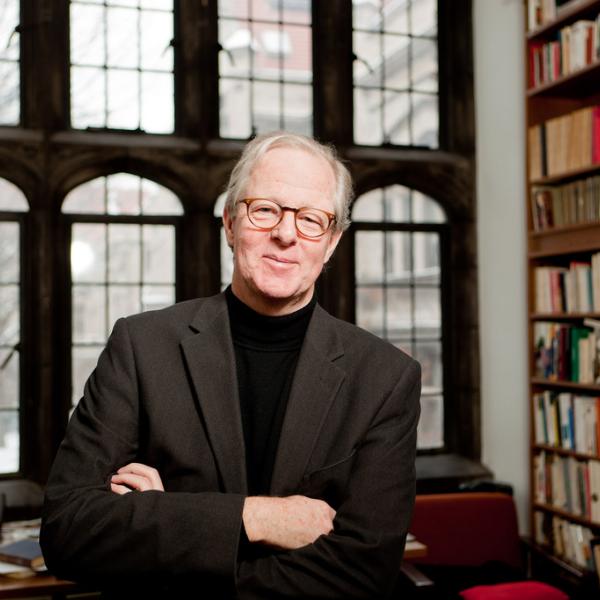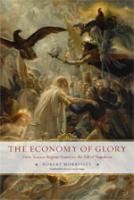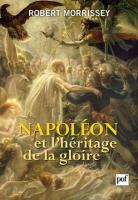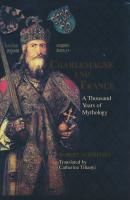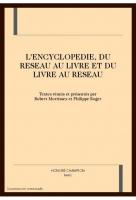Situated at the confluence of literature and poetics on the one hand and ideology and politics on the other, my work concentrates on themes and cultural currents over the longue durée. I attempt to identify significant topoi that act as windows onto French cultural history broadly writ as it has developed over time. It is the dialectics at work between tradition and innovation, between the collective identity and the individual that I find most fascinating. I have worked to define the parameters of these topoi and to explore the tensions that play out on a range of levels: the descriptions of the intimate moments of reverie; the political and cultural affirmations derived from the foundational “myth-history” of Charlemagne; the origins and development of a specifically French discourse on glory that serves a key legitimating function for both self and nation.
At the heart of much of my work is a passion for words as they both express and structure, describe and inform various discourses and identities be they individual or collective. It is this passion for words that led me into the world of digital humanities. The desire to follow the use and evolution of words and lexical fields over time led to the creation of ARTFL. The Encyclopédie of Diderot and d’Alembert represents one of the most ambitious attempts to redefine the relationship between words and things. Applying the power of the computer to what Diderot himself described as a monstrous labyrinth, the ARTFL team has put into place a “living edition” of the Encyclopédie.
My teaching generally concerns the eighteenth and nineteenth centuries. I often find myself teaching courses on authors that have a passion for history: Montesquieu, Rousseau, Chateaubriand, Stendhal. I seem to have a penchant for teaching works that have a certain “monstrous” side to them: the Encyclopédie, Hugo’s Les Misérables. The theme of the “self” and that of the “hero” often return in my various courses.
My publications include L'Empereur à la barbe fleurie: Charlemagne dans la mythologie et l'histoire de France (Charlemagne and France: A Thousand Years of Mythology), which received the Grand Prix d'histoire Chateaubriand; La Rêverie jusqu'à Rousseau; Recherches sur un topos littéraire; Napoléon et l’héritage de la gloire, the University of Chicago-ARTFL online edition of L'Encyclopédie de Diderot et d'Alembert and a critical edition of Rousseau's Rêveries d'un promeneur solitaire. I am Director of the Project for American and French Research on the Treasury of the French Language (ARTFL) and of the France Chicago Center.
Selected Articles
- “La Littérature à l’âge des algorithmes.” Revue d’Histoire Littéraire de la France 116, no 3 (2016): 595-617.
- “Mme de Staël et Napoléon. Retour sur une question.” Comme sort de l’Empire. Le Groupe de Coppet face à la chute de Napoléon, eds: Léonard Burnand & Guillaume Poisson, 35-55. Geneva: Editions Slatkine, 2016.
- “Stendhal: Julien Sorel in the footsteps of Napoleon." Exemplarity and Singularity: Thinking through Particulars in Philosophy, Literature, and Law, eds: Michèle Lwrie & Susanne Lüdemann, 181-191. New York: Routledge, 2015.
Recent Courses in RLL
- FREN 21820 Blinding Enlightenment (Winter 2018, Winter 2020, Winter 2022)
- FREN 23710/33710 Rousseau's Confessions: Texte et Contexte (Spring 2020)
- FREN 26103/36103 Les Misérables (Spring 2018, Winter 2022)
- FREN 26800/36800 Diderot, philosophe du paradoxe (Winter 2023)
- FREN 45250 Les victimes des Lumières (Winter 2021)

